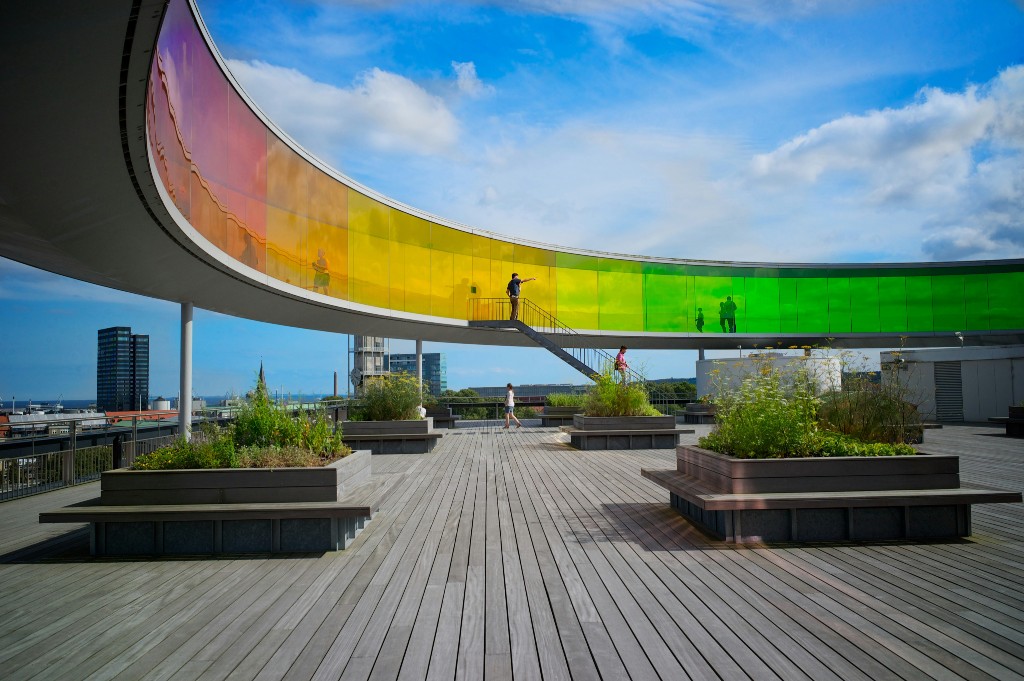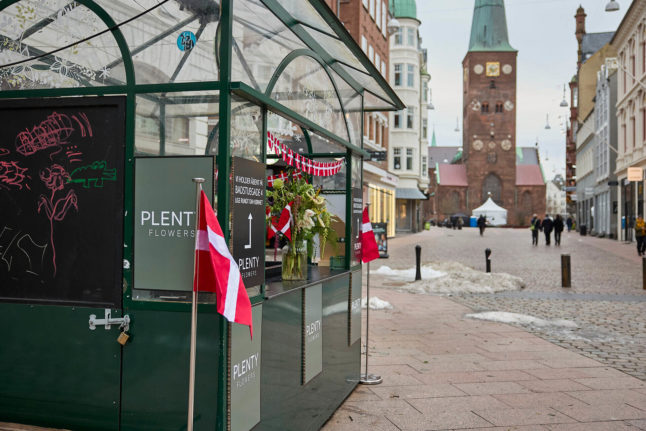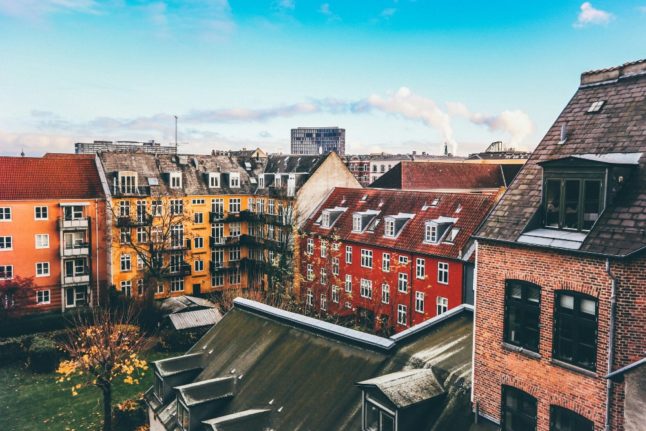Aarhus is often referred to as ‘The City of Smiles’ (‘Smilets By’); a slogan believed to have come from a local tourist office campaign in 1938. It seems the saying rings true today, as Aarhus has been proclaimed as the happiest city in the world in 2023.
In the Happy City Index by the British Institute for Quality of Life, external factors such as education, economy, local politics, commuting and access to green areas, were used to determine the happiest cities.
Aarhus came out on top, with Amsterdam in the Netherlands second and Norwegian city Bergen third. Copenhagen came in at number 29, Aalborg 35 and Odense 53.
Happiness researcher and Professor of Economics at Aarhus University, Christian Bjørnskov, expressed skepticism over the study.
“I actually don’t think you can measure happiness by external factors, you have to be very careful. If we are measuring happiness, we tend to ask people how happy or sad they are,” Professor Bjørnskov told The Local.
“This is an equality of life study and not a happiness study. In principal one does play into the other. We now know what makes an entire place happier so you could then take those facts and add them up and that would give you a fairly good happiness measure. But it is different,” he explained.

The UN World Happiness Report, where Denmark is consistently ranked in the top five (number two in 2023 and number one in 2016), is based on how satisfied people are with their lives.
The UN survey ranks 137 countries by how happy their citizens perceive themselves to be, using measures for factors like generosity, freedom to make life decisions, social support, perceptions of corruption, good governance, social support, health and GDP per capita. This is a more accurate measure of happiness, Bjørnskov said.
READ ALSO:
- ‘It’s different for expats’: Readers reveal whether Denmark really is a happy place to be
- World’s second-happiest country Denmark to get museum about happiness
“This new British report uses stuff that ought to make people happy and certainly the atmosphere and culture of where you live is important. But you have to find out a person’s trust level and the trust culture in that area. In a strong trust culture, people engage more with each other and with organisations,” he said.
“But Aarhus is not a bad bet to choose because it has all the qualities of a Scandinavian city – high trust, the Danish belief you can choose your own life, which is very important, it’s a fairly rich city and it’s a young city.
“Across the world in almost all societies we’ve looked at, the young and the old are happiest, it’s people in their mid to late 40s who are the least happy. So when you have a city with a lot of young, it’s bound to be happier than other places,” Professor Bjørnskov explained.



 Please whitelist us to continue reading.
Please whitelist us to continue reading.
Member comments